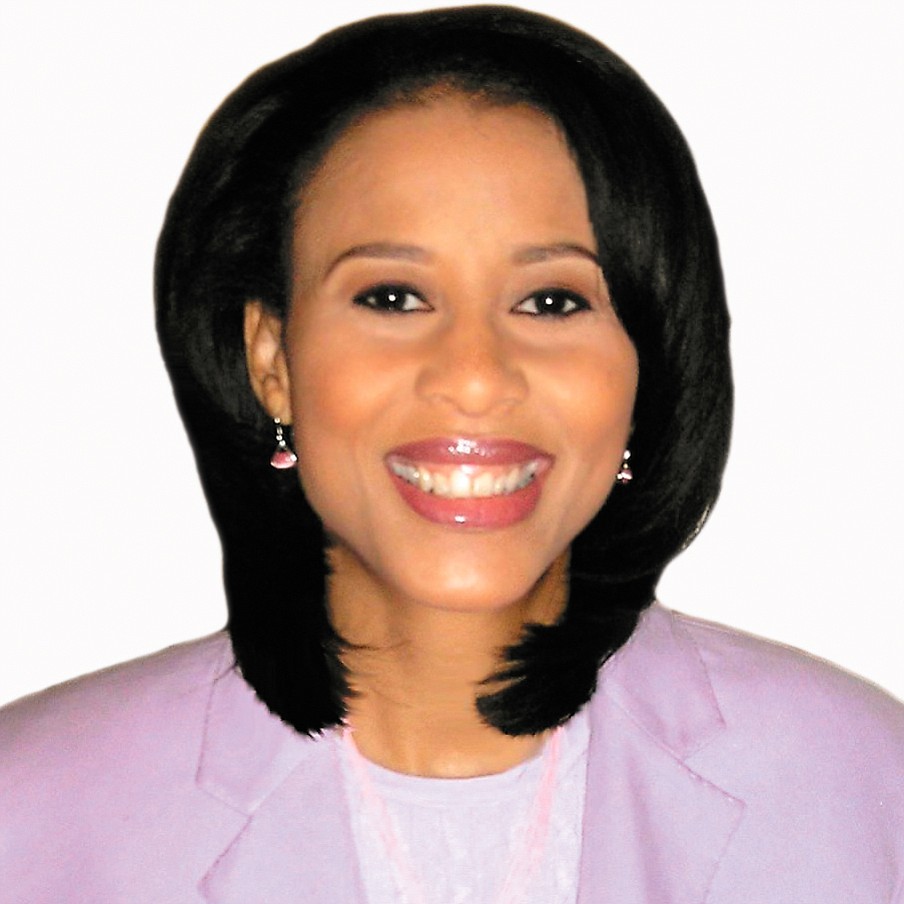Not long ago, I focused one of my weekly chats on eldercare.
Joining me was Tim Prosch, author of “The Other Talk: A Guide to Talking with Your Adult Children About the Rest of Your Life.”
Here’s an edited transcript of that conversation.
When is it time to move to a retirement home?
Prosch: The time to consider moving to a retirement home is when you obviously are no longer able to handle your day-to-day activities, but it’s important to think about more than just yourself. This really needs to be a family discussion. As you consider the retirement home decision, you should also look at your alternatives such as living at home with in-home care, living with your kids, living with some friends, and then finalize your decision when you sit down to have the other talk.
Seniors often take a stand that they “won’t” do one thing or another when it comes to their living situation. But your decision can impact a lot of people, especially family who will be helping to take care of you. What are the pros and cons of living with your adult children as you get older?
As I learned with my own family, there are many benefits to sharing your lives together. But there are also responsibilities and potential for conflict. So I suggest before you make this move that you sit down and ask some very practical questions. How will the finances work? What are the guidelines for using different parts of the house? Who is responsible for food, for housekeeping? There are many things to consider, but it can work and be a very fulfilling experience.
How much should you let your adult children know about your investments and finances?
The fact is your financial situation [may] end up in your kids’ lap eventually, so it’s incumbent upon you to sit down now and take them through your financial situation and discuss how you want to manage it from now until the end. I would even encourage you to introduce them now to your financial advisers so they know who to talk to when it’s time for them to begin to take over that responsibility.
Your adult kids don’t have to be “involved” in investments or choosing what you invest in or how you save. But you should, as you get older, think about sharing what you have that can be used to take care of you should you need to pay for long-term care.
While the importance of having “the other talk” is clear to me, what would you suggest are the most important specific “outcomes to achieve”? I would imagine, for example, that the first talk would just lay the foundation for having a series of different talks about specifics such as medical directives, long-term care, etc. Are we talking about having multiple talks with one’s kids so as not to bite off too much in any one conversation, and if so, which topics come first and which ones come later?
There is a lot to cover and you don’t want to overwhelm your kids initially. Begin to establish the partnership between your kids and yourself. I hear many aging parents tell me “I don’t want to do this because I’m losing control.” The point of the “other talk” concept is that you are not losing control; you’re sharing control.
The talk is not a one-time event. It is something you should do every year because things change. Your health changes, your finances change, your kids’ jobs change and your opinions expressed in that first talk may change. So it’s important that you maintain the dialogue by sitting down annually and going through the talk.”
When should you start having the other talk with your adult children?
I almost learned this the hard way when in the middle of writing “The Other Talk” my wife and I took a trip to Italy. Toward the end of our stay, we ended up renting a sailboat. A boom slammed into me from the back, which is the last thing I remember. When I came to in the hospital, I couldn’t move, I couldn’t speak, but I could think, and I thought, “My God, I’ll never have the other talk with my daughter.” My message to you is: Don’t wait, have the other talk now.
Michelle Singletary welcomes comments and column ideas. Reach her in care of The Washington Post, 1150 15th St. N.W., Washington, D.C. 20071; or singletarym@washpost.com.



